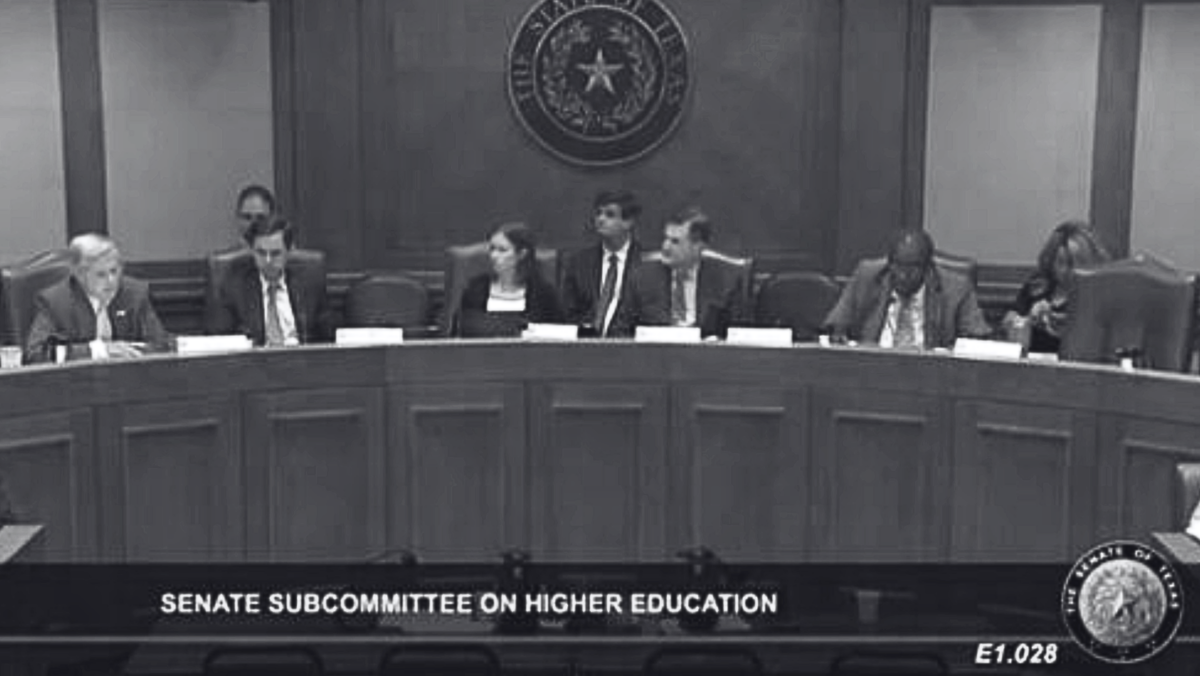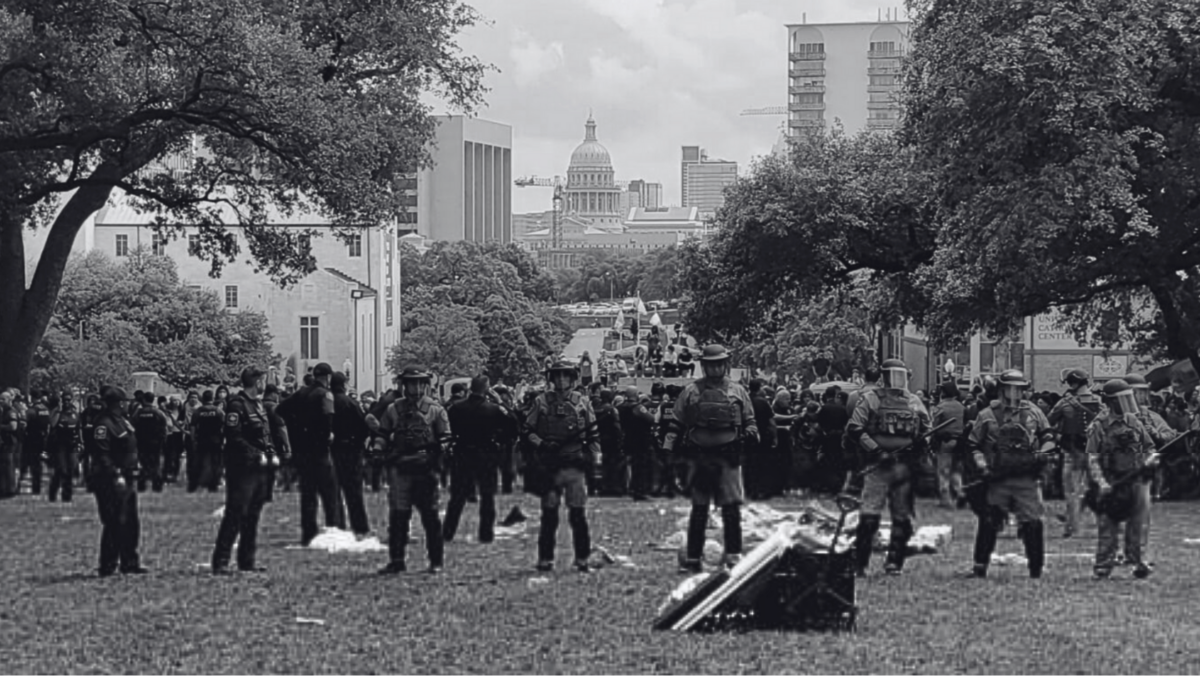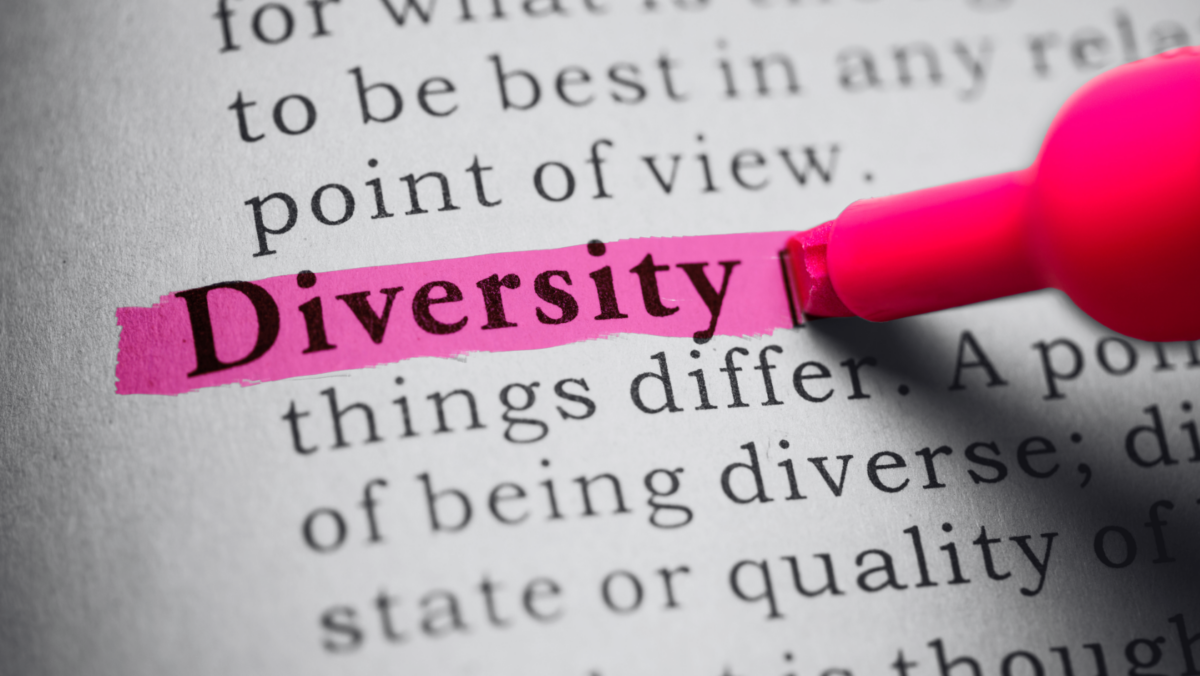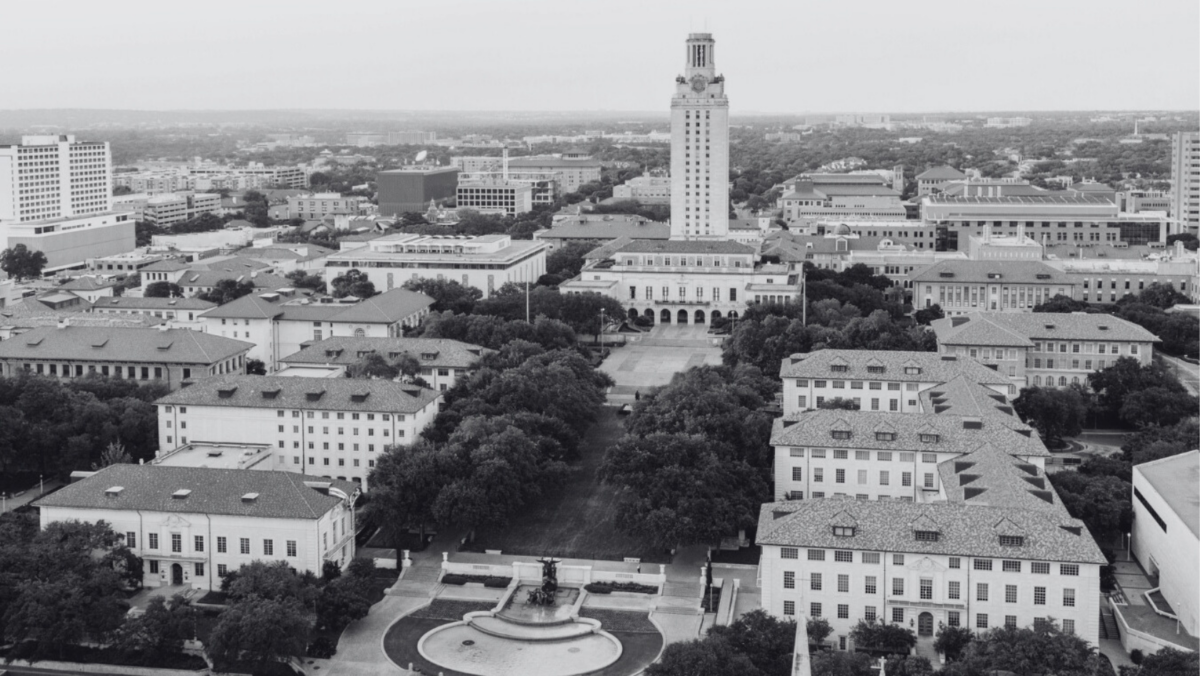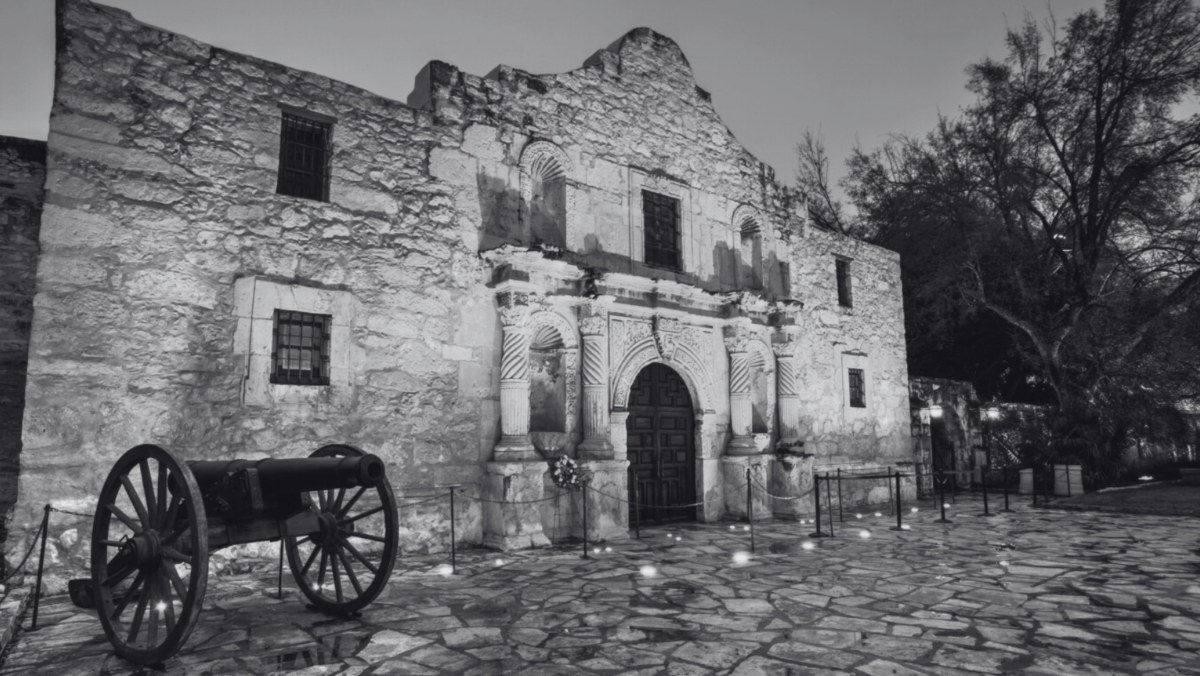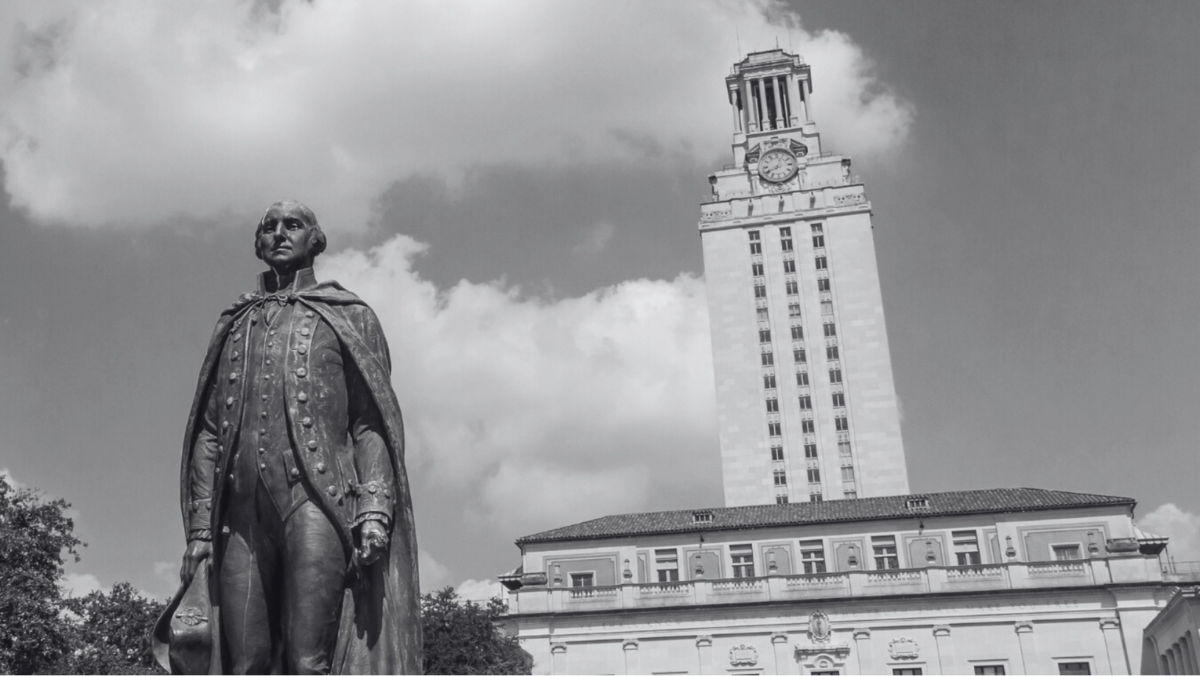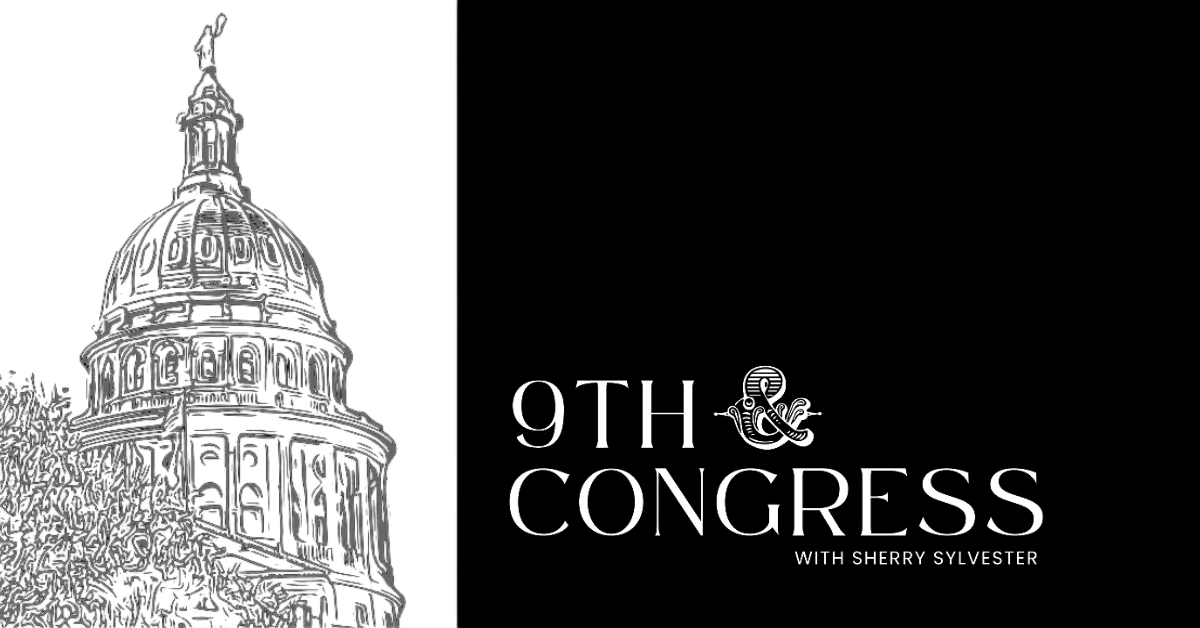Shortly after it was announced that 79 people had been arrested during the anti-Israel protests at the University of Texas at Austin in April, university officials and police reported that 45 of those arrested had no affiliation with UT.
Subsequent arrests of campus protesters in Austin and around the country had similar metrics—a substantial percentage of those arrested were not students or faculty at the universities they were targeting. At Columbia University in New York City, ground zero for campus protests, estimates of the percentage of non-students ranged from 30 to 40 percent.
The term “outside agitators” surfaced in the daily news narrative in Texas to describe those non-students. Many journalists leaped forward to remind us that during the civil rights marches in the 1960’s, politicians from the South invariably blamed the protests on “outside agitators,” because they believed (or they wanted us to believe) that African Americans were happy with segregation and the discrimination that was still in place. It was one of the evil lies of segregation.
The Austin American-Statesman published a Politifact on “outside agitators” around the time of the anti-Israel protests, but it was a national piece that didn’t mention the University of Texas. While it reports the large numbers of non-students that had been arrested elsewhere as a result of the protests, including a couple with links to known terrorists, it also attempts to frame the characterization in political terms—conservative lawmakers say “outside agitators,” while leftists call the term outside agitator “silly” and “a tried and tested police tactic.”
Politifact uses the term “outside agitators” to suggest a link to the civil rights marches in the 1960’s and today’s anti-Israel protests, but that’s wrong. Civil rights marches were about ending discrimination against African-Americans. The pro-Hamas protests demonstrate a hatred of Jews.
Many of the protesters who testified before the State Senate Higher Education Subcommittee on May 14 contemptuously dismissed the notion that the protest was motivated by “outside agitators” or anything other than the righteous student outrage against America’s support for Israel.
The Senate subcommittee hearing, which focused on the protests, anti-Semitism and the closing of DEI offices on Texas college campuses, drew 147 people to the Texas Capital to testify. 34 identified themselves as some kind of organizer, though they provided little information about the groups they represented or who they were organizing for. Many were not students.
On May 8, Fox News reported that pro-Hamas propaganda justifying violent action, along with organizing booklets and buckets of rocks had been found on campus by “school officials” as the police were cleaning out the encampments. The news report included footage of some of the materials including a booklet titled “Notes from the Resistance.” Language from the booklet that was visible in the footage read:
“Reject the normalization of the Zionist entity and its agents. Embrace THAWBIT and all forms of Palestinian resistance. This booklet is part of a coordinated and intentional effort to uphold the principles of the THAWBIT and the Palestinian movement overall by transmitting the words of the resistance directly. This material aims to build support for the Palestinian war of national liberation which is through…armed struggle.”
If you look up THAWBIT you will find it is sometimes called Palestinian Red Lines, including the claim that Jerusalem is the capitol of Palestine, and that Palestinians have the right to violent resistance to “reclaim” land in the nation of Israel.
Another booklet that was visible in the footage was called “Glory to Gaza” which celebrates the death Jews through over 2,300 rocket strikes. Glory to Gaza also affirms that Palestinian resisters have no interest in a “two state solution, co-existence or ending apartheid.” Instead, they want to eliminate Israel and reclaim Palestine “from the river to the sea.”
The news report also showed materials from the al-Aqsa Martyrs Brigade, a confirmed terrorist group that threatens civilian Jews.
Paul Edgar, Associate Professor of UT’s Clements Center for National Security told Fox News the documents repeatedly called for the elimination of Israel through violence. “That’s about as extreme as you can get,” he said.
KVUE in Austin reported that weapons including guns, mallets and chains were found at the encampments and a representative from the Texas Department of Public Safety told the Senate subcommittee that officers found buckets of snowball sized rocks, photos of which appeared in news reports. Several who testified at the Senate Sub-Committee hearing contemptuously dismissed those allegations.
The Texas Bureau of the Daily Mail revealed the names of half a dozen protesters who were not students who had been arrested, including a former third grade teacher at Becker Elementary School in Austin.
UT initiated an investigative process to determine possible disciplinary action earlier this month for students who were arrested, but it is not clear if the university or a law enforcement agency is investigating the non-students who were arrested. Amazingly, it doesn’t appear that any major Texas media outlet has asked about the non-students who comprised at least half of the people who were arrested. It is not clear why they have been written out of the story.
Were the non-student protesters just Austin hangers-on? Were they random activists, the kind who are always in search of a protest? Or were some of them affiliated with the national groups that were coordinating campus protests across the country?
Finally, if pro-Hamas propaganda materials advocating violence were found on the UT campus during the protests, as Fox News reported, did it belong to UT students or “outside agitators?” And whoever it belonged to, where are those people now?
Sherry Sylvester is a Distinguished Senior Fellow at the Texas Public Policy Institute and the former Senior Advisor to Texas Lt. Governor Dan Patrick.

